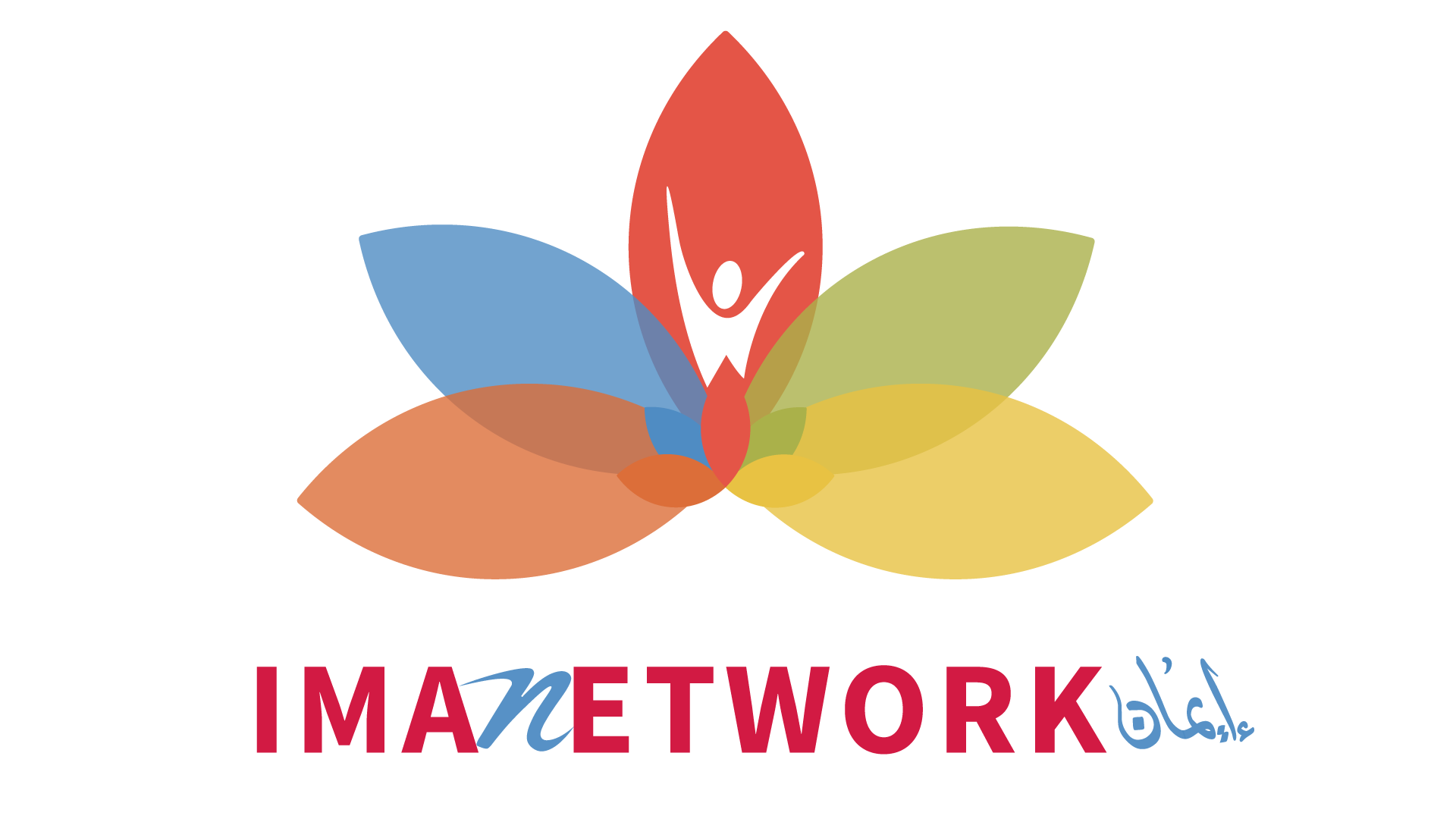Iman Network’s commitment to public education on mental health stands as a beacon of hope in the quest to eliminate stigma and foster a more inclusive society.
Through public talks, diversity training, and advocacy efforts, this nonprofit organization makes meaningful strides toward creating a world where mental health is universally understood, accepted, and supported. In doing so, Iman Network invites everyone to build a brighter and more compassionate future for mental health awareness and support.

Educational Support Services
At Iman Network, we believe in nurturing the potential of every young mind, fostering a love for learning, and creating a supportive environment for academic growth. Our after-school educational support services are designed to empower youth with the knowledge and skills they need to thrive academically and personally.
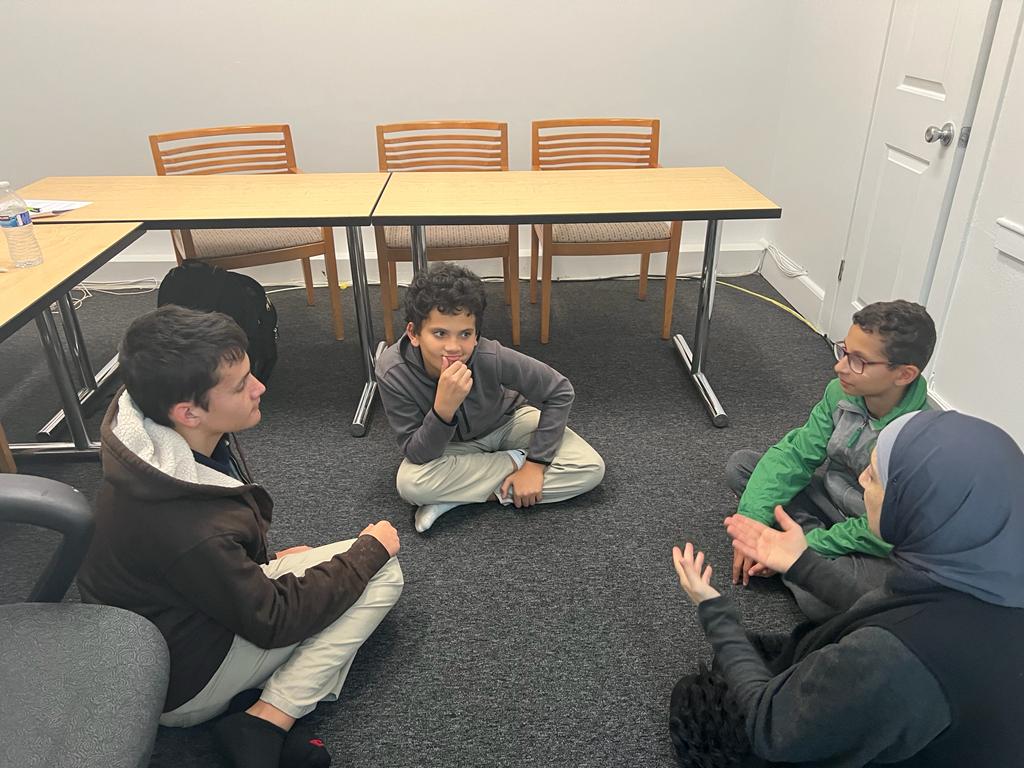

Iman Network’s after-school programs go beyond traditional tutoring. We provide a holistic learning environment encompassing academic, emotional, and social development. Our dedicated educators and mentors work collaboratively to create a space where youth feel valued, inspired, and supported in their educational journey.
We understand that each student has unique strengths and challenges. Our personalized tutoring sessions cater to individual learning styles, ensuring students receive tailored support. Whether it’s assistance with homework, exam preparation, or additional enrichment activities, our tutors are committed to helping students reach their full potential.
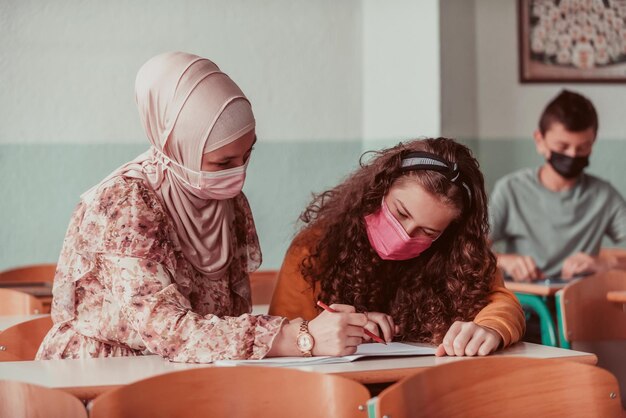

Iman Network goes the extra mile by offering enrichment workshops beyond the regular curriculum. From STEM activities to arts and literature, these workshops expose students to diverse fields, sparking curiosity and passion for learning. We aim to broaden their horizons and help them discover their interests and talents.
In addition to academic support, our mentorship programs provide youth with guidance and inspiration. Our mentors share their experiences, offer career advice, and serve as positive role models, instilling a sense of ambition and purpose in the young minds we serve.


Iman Network is deeply rooted in community engagement. We actively collaborate with parents, schools, and local organizations to create a support network around each student. By fostering strong community ties, we enhance the overall impact of our educational services and contribute to the well-being of the neighborhoods we serve.
Recognizing the importance of technology in the modern world, Iman Network incorporates digital literacy initiatives into our programs. Students learn essential digital skills that prepare them for the future, ensuring they can navigate an increasingly technology-driven world.


By combining personalized tutoring, enrichment workshops, mentorship programs, and community engagement, we strive to empower youth with the skills and confidence they need to succeed in school and beyond. Together, we are building a foundation for a generation of educated, inspired, and empowered leaders. Join us in shaping the future today!
Internship programs
At Iman Network, we believe in nurturing the potential of every young mind, fostering a love for learning, and creating a supportive environment for academic growth. Our after-school educational support services are designed to empower youth with the knowledge and skills they need to thrive academically and personally.


About Iman Network
Iman Network is a nonprofit organization committed to empowering individuals in the mental health field through education, support, and clinical experience. Our internship programs are specially designed for graduates in family clinical therapy, psychology, and related fields, offering a unique opportunity to bridge the gap between education and real-world practice.
Clinical Exposure
Our internship programs provide a hands-on approach to learning, allowing you to work directly with experienced professionals in the mental health field. Gain exposure to diverse cases and build the practical skills necessary for success in your future career.


Iman Network understands the importance of licensure in the mental health industry. Our programs are tailored to meet the requirements set by the State of California, ensuring that you are well-prepared for the challenges and responsibilities of professional practice.
You won’t be alone on your journey. Iman Network fosters a supportive environment, offering mentorship and guidance from seasoned professionals. This mentorship enhances your learning experience and provides valuable insights into the nuances of the mental health field.

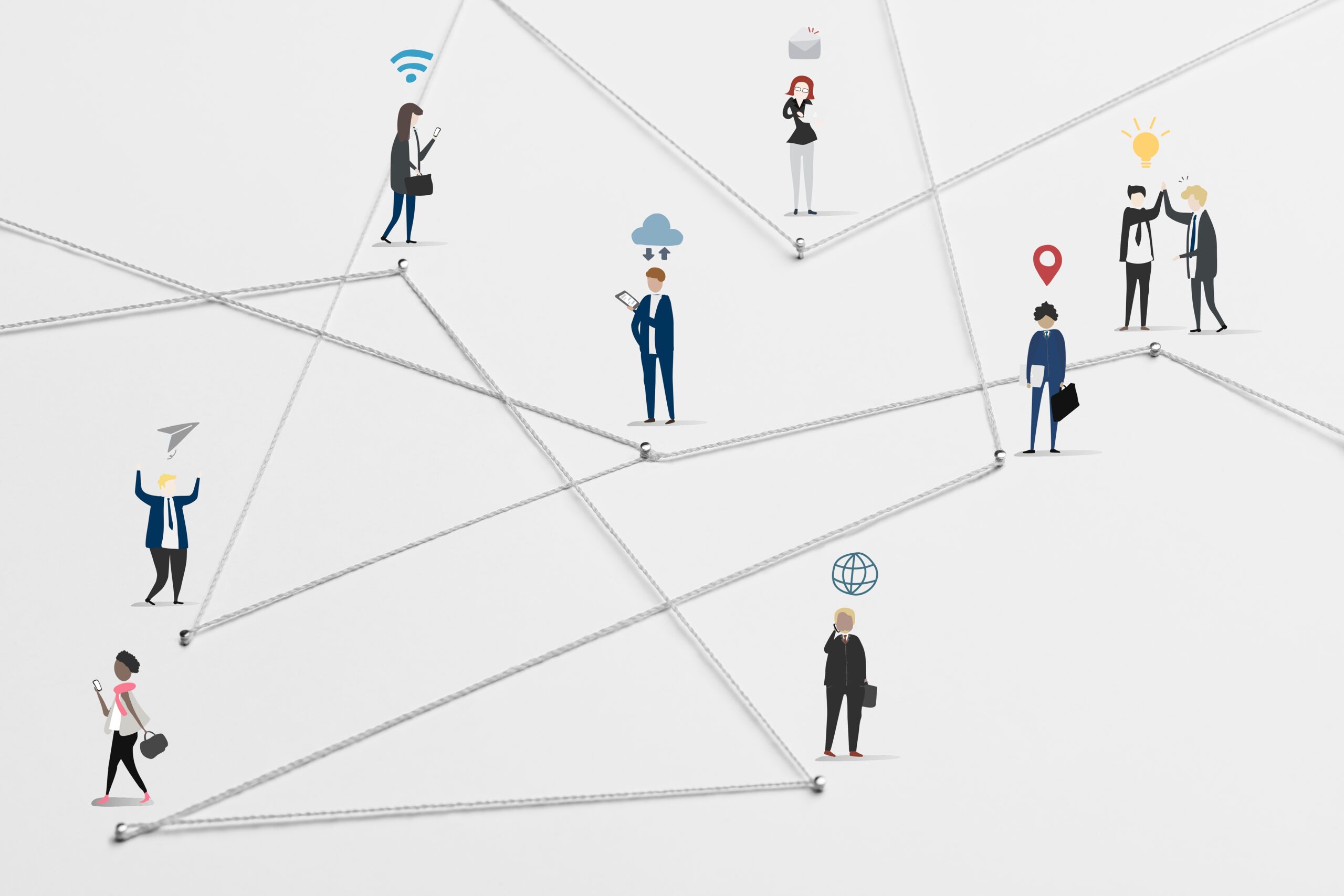
Connect with like-minded individuals, professionals, and experts in the field through our extensive network. Building solid connections during your internship can open doors to future collaborations and career opportunities.
At Iman Network, we believe in the power of community service. Engage in meaningful projects that contribute to the well-being of individuals and communities. Make a positive impact while honing your skills and understanding the real-world implications of mental health practices.


By combining personalized tutoring, enrichment workshops, mentorship programs, and community engagement, we strive to empower youth with the skills and confidence they need to succeed in school and beyond. Together, we are building a foundation for a generation of educated, inspired, and empowered leaders. Join us in shaping the future today!
Ready to take the next step in your career? Visit our website and explore the detailed information about our internship programs. The application process is straightforward, and our team is available to assist you every step of the way.
Iman Network is not just an internship – it’s a transformative experience that equips you with the tools, knowledge, and confidence to excel in the mental health field. Join us in making a difference and advancing your career. Together, let’s build a healthier and more resilient community.

Public Education
Iman Network takes a bold step forward in pursuing a society that understands, supports, and respects mental health. With an unwavering commitment to eliminating mental health stigma, this nonprofit organization actively engages in public education initiatives to enlighten and empower communities. Through thought-provoking public talks and specialized training programs, Iman Network strives to foster a more inclusive and compassionate understanding of mental health while championing cultural and religious diversity in healthcare and workplaces.


Public Talks on Mental Health
Iman Network recognizes that knowledge is a powerful tool for dismantling the walls of mental health misunderstanding. To this end, the organization hosts informative public talks, providing a platform for experts to share insights, research findings, and personal stories that contribute to a more comprehensive understanding of mental health issues. These talks are designed to engage the public, encouraging open dialogue and challenging preconceived notions, ultimately fostering empathy and support.
In a world marked by diverse cultural and religious backgrounds, Iman Network acknowledges the importance of respecting and embracing these differences, especially in the realm of healthcare and workplaces. The organization offers specialized training programs to bridge the gap between cultural sensitivity and mental health. These initiatives aim to equip healthcare professionals and workplaces with the knowledge and skills to navigate cultural nuances, ensuring that mental health support is accessible and inclusive for everyone.
Iman Network’s underscores its dedication to making these valuable resources accessible to all, irrespective of financial barriers. By prioritizing cultural competence, religious understanding, and spiritual sensitivity, the organization ensures that mental health services and support are provided in a manner that respects the diverse tapestry of humanity.


Advocating for Change
Iman Network catalyzes change, advocating for policies that promote cultural and religious diversity in mental healthcare and workplaces. By engaging with policymakers, collaborating with other advocacy groups, and leveraging its platform, Iman Network creates an environment where individuals feel valued, understood, and supported in their mental health journeys.
Mental Health Facts

20 MENTAL HEALTH FACTS
As a mental health care provider, we wanted to take a moment to share with you twenty facts about and related to mental health in 2020. This information is sourced from NAMI (the National Alliance on Mental Illness) and Mental Health America.

- 6 million adults in the U.S. experience a mental illness. That is 18% of the U.S. adult population.
- Half of all lifetime mental health conditions begin by age 14. 75% of all lifetime conditions begin by age 24.
- 1 in 25 adults in the U.S. experience a serious mental illness in a given year.
- 1 in 6 youth between the ages of 6 and 17 experience a mental health condition.
- 84% of women and 75% of men report having a toxic friend at least once.
- About 80% of Americans have experienced emotional abuse
- Quality nutrition, sleep, and exercise habits are linked to improved mental health.
- 1 in 5 people worldwide, over
- 5 billion people, will experience a mental illness during their lifetime.
- In the U.S., women experience depression at twice the rate of men.
- 12 million women in the U.S. experience depression each year.
- 5 million U.S. adults experience anxiety disorders.
- 3 million U.S. adults experience Bipolar Disorder.
- 1% or 17.3 million U.S. adults have Major Depressive Disorder.
- 13% or 3.1 million U.S. youth have Major Depressive Disorder.
- 4% of U.S. adults experience suicidal thoughts.
- 7% of the U.S. population age 13 or older experience Post-Traumatic Stress Disorder in their lifetime.
- 90% of those who die by suicide have an underlying mental illness.
- 56% of U.S. adults with mental illness have not received any treatment.
- In the U.S., there is one mental health care provider for every 504 people.
- 4 million adults in the U.S., over 1% of the adult population, have schizophrenia.
Unferstanding Alcohol Addiction
uncontrollably, despite the negative impact on their lives. Alcohol abuse can destroy people’s relationships, money, and work, as well as their physical and mental health. Long-term use can also cause severe damage to the brain and liver. Therefore, treatment of alcoholism is essential.
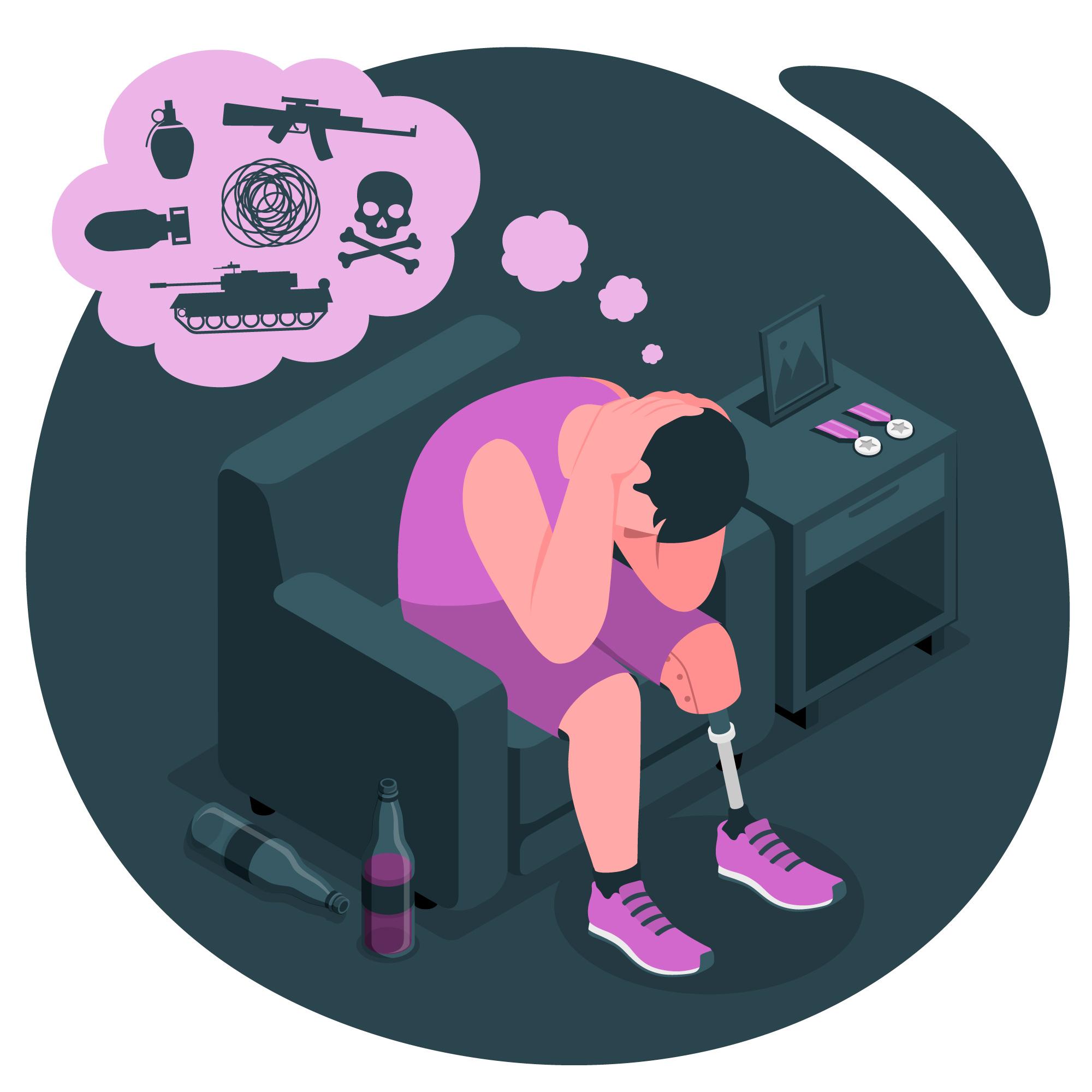
SIGNS OF ALCOHOL ADDICTION
● Drinking alone
● Find excuses for drinking
● Driving while drunk
● Need to drink in order to work
● Drinking secretly
● Shivering or restless in the morning
● Inability to stop or reduce alcohol use
● Despite family and social problems Alcohol abuse causes, the individual continues drinking
● Spends a lot of time drinking or recovering from drinking
● Continues drinking after realizing that it is a problem
● Violent seizures while drinking
● Anger when confronted about drinking
● Unexpected mood swings
● Some physical signs appear as a result of consuming alcohol
● Withdrawn and absent from work and family life
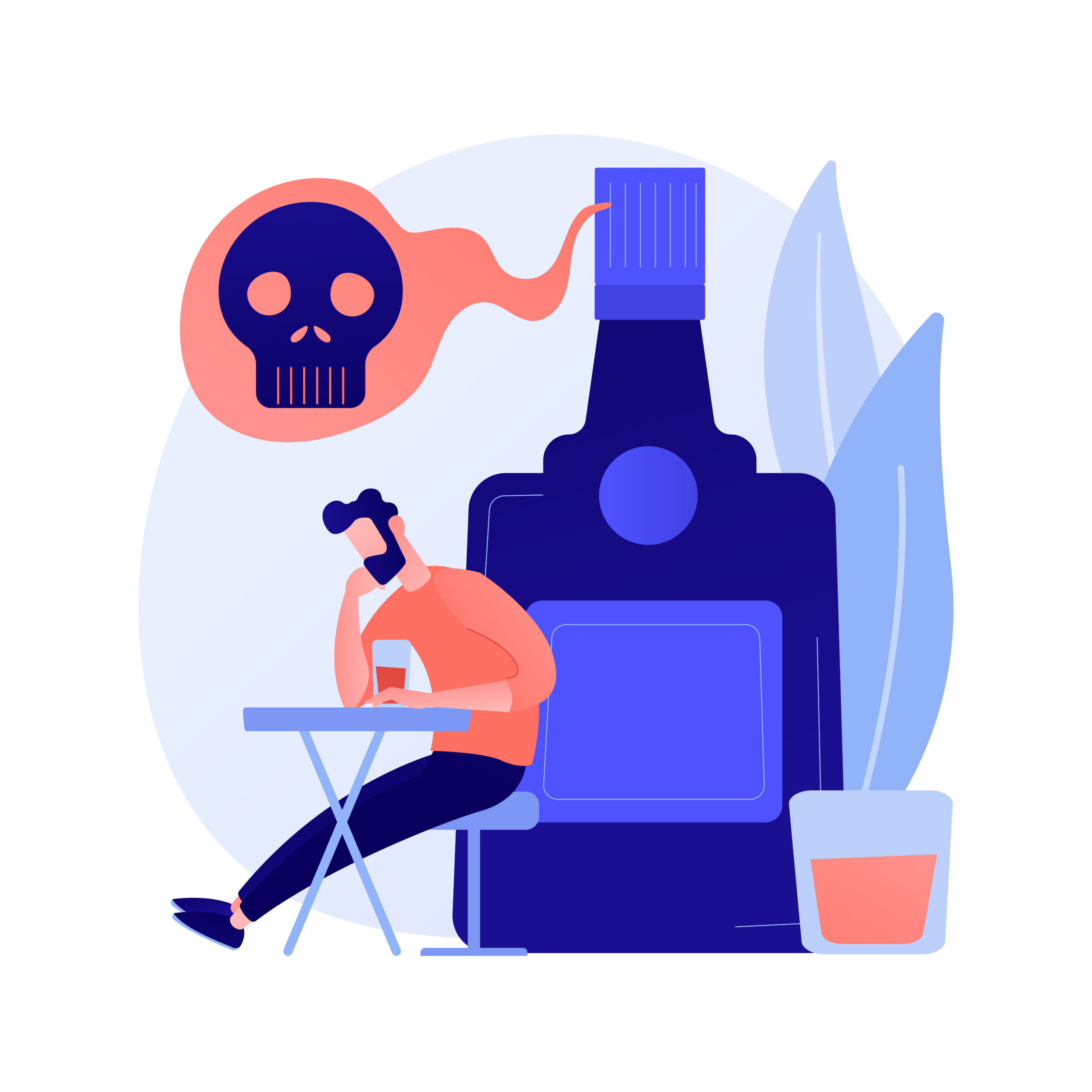
EFFECTS OF ALCOHOL ADDICTION LONG TERM EFFECTS:
● Alcohol dependence
● Brain injury associated with alcohol use
● Cancer diseases (including cancer of the mouth, pharynx, larynx, esophagus, intestine (in men), and breast (in women)
● Cirrhosis and hepatic failure
● Weak immune system
● Long-term memory problems and focus problems
● Heart disease and cerebrovascular disease, including high blood pressure and stroke
● Malnutrition
● Problems associated with the nerves of the arms and legs
● Sexual and reproductive problems (impotence and fertility)
● Skin problems
● Stomach complaints and problems
● Family and relationship problems
● Poor work performance
● Legal and financial difficulties
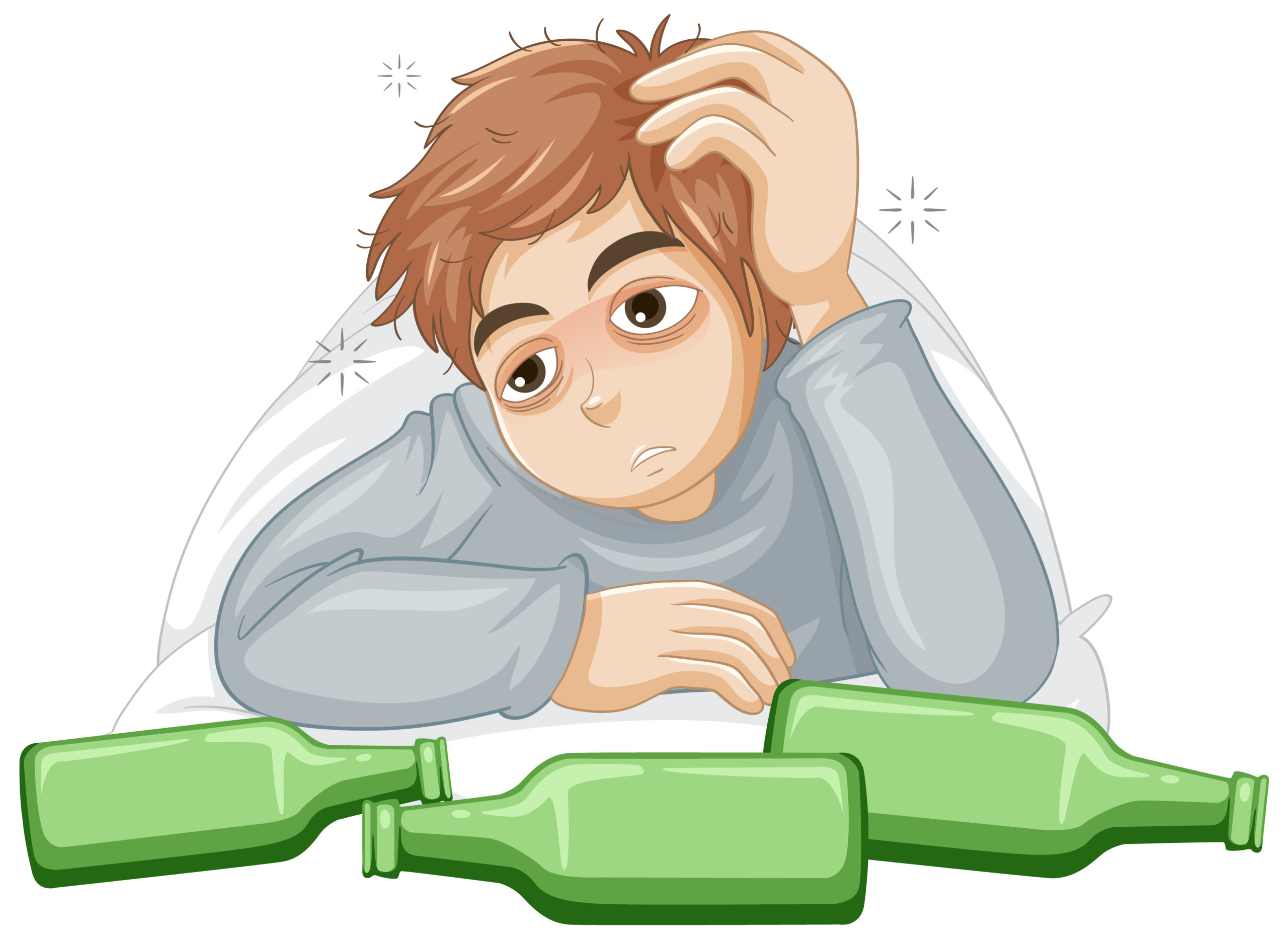
SHORT TERM EFFECTS:
● The addict’s inability to stay in control
● The addict’s inability to pass judgment and know what is right from wrong
● Addict’s loss of memory and consciousness
In our alcohol addiction treatment program, patients will be under the supervision of mental health professionals to ensure that their recovery is safe and consistent. The treatment of alcohol addiction at Iman Network consists of two main components:
Unferstanding Drug Addiction
Drug addiction is on the rise within the United States and globally. It is a danger that threatens people’s lives despite age or gender. Therefore, it directly negatively impacts the lives of individuals, and sometimes it may lead to some permanent disabilities or sudden death. Drug addiction or the use of narcotic drugs leads to individuals dependence on legal or illegal drugs.
Drugs contain chemicals that affect the way neurons transmit, receive, and process information in the brain. The brain becomes used to these reactions, and the need for drugs increases to produce the desired effect. Prolonged drug use causes brain changes that negatively affect decision-making, cognitive abilities, and behavior control. The higher the level of physical dependence on it, and the harder it is to get rid of it. The higher the level of substance abuse, the higher the risk of memory impairment. Indeed, a chronic disease afflicts the brain and prompts the addict to use drugs continuously, despite the harmful consequences for the user and those around him/her.

Types of Drugs
In the past, drugs were generally produced from the plant, such as cocaine from the coca tree, hashish, and marijuana from cannabis, and heroin from the poppy plant. Now, many types of drugs are chemically manufactured, some of which are natural as legal drugs and some are illegal drugs:

PRESCRIPTION DRUG ADDICTION
● Legal drugs are substances that the law agrees to sell or consume. Legal drugs, from an addiction perspective,
usually refer to prescription or over-the-counter drugs. Legal drugs can be used illegally and individuals can become
addicted to it. The term drug use is given to any of those cases in which a person uses a drug, obtained by prescription, in a manner that was not approved by the doctor. Prescription drug abuse is turning into a global pandemic – especially opioid abuse. Prescription drugs are abused today because of their legality, social acceptability, easy availability, and their high addictive quality.
● Addiction to prescription drugs has become an epidemic in the US. Many overdoses occur every year from the misuse of prescription drugs. At IMAN Network, patients suffering from prescription drug addiction will be given proper support and supervision to ensure that their recovery is healthy and long-term.
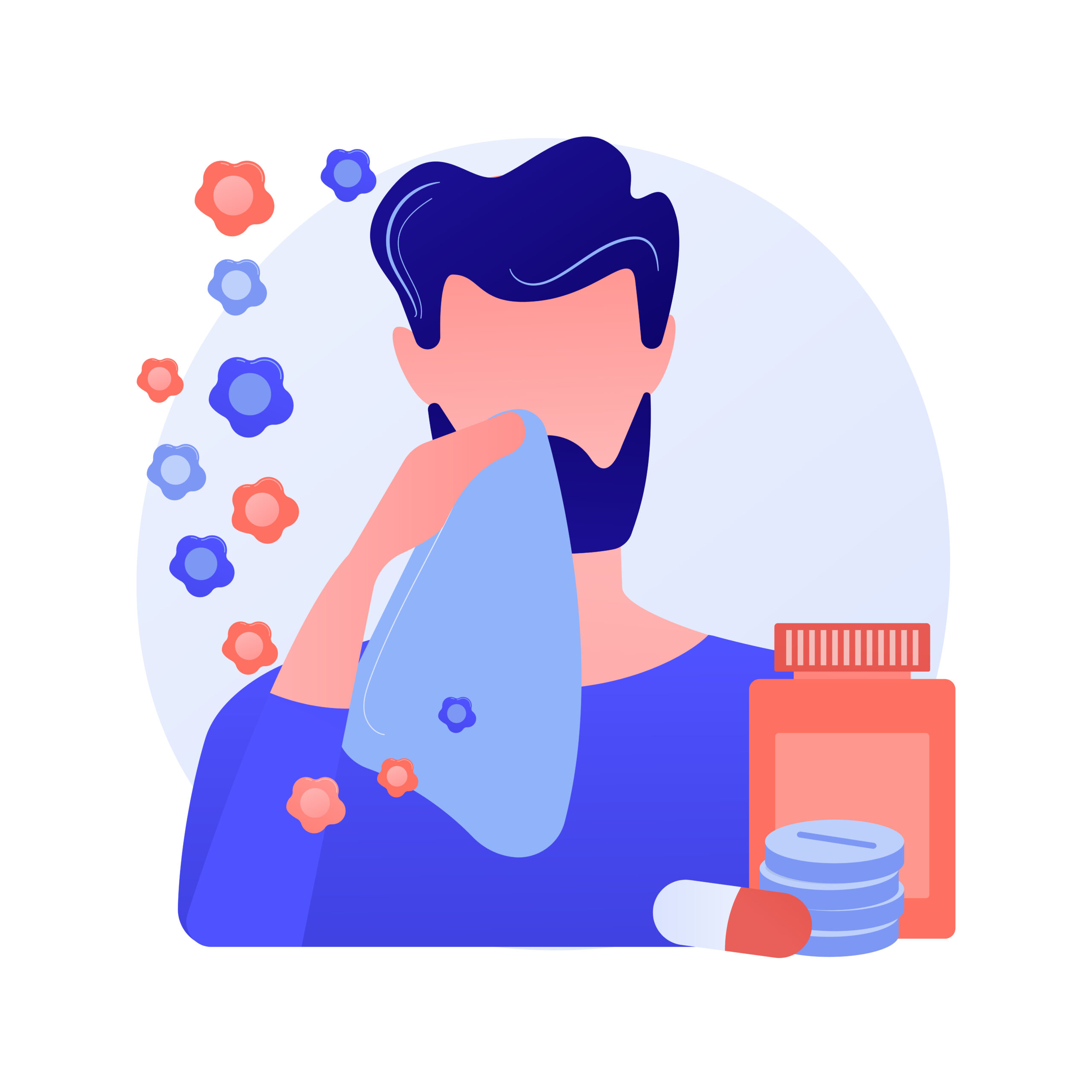
ILLEGAL DRUGS
Illegal drugs are substances that are prohibited by law and include stimulants, amphetamine, methamphetamine, cocaine, heroin, marijuana/hashish, and others. These drugs are addictive and have serious negative effects on the mind and the body. Illegal drugs are also linked to organized crime and violence. The use of illegal drugs leads to risky behaviors and other serious consequences, such as hospitalization, HIV, and other pathological consequences and effects.
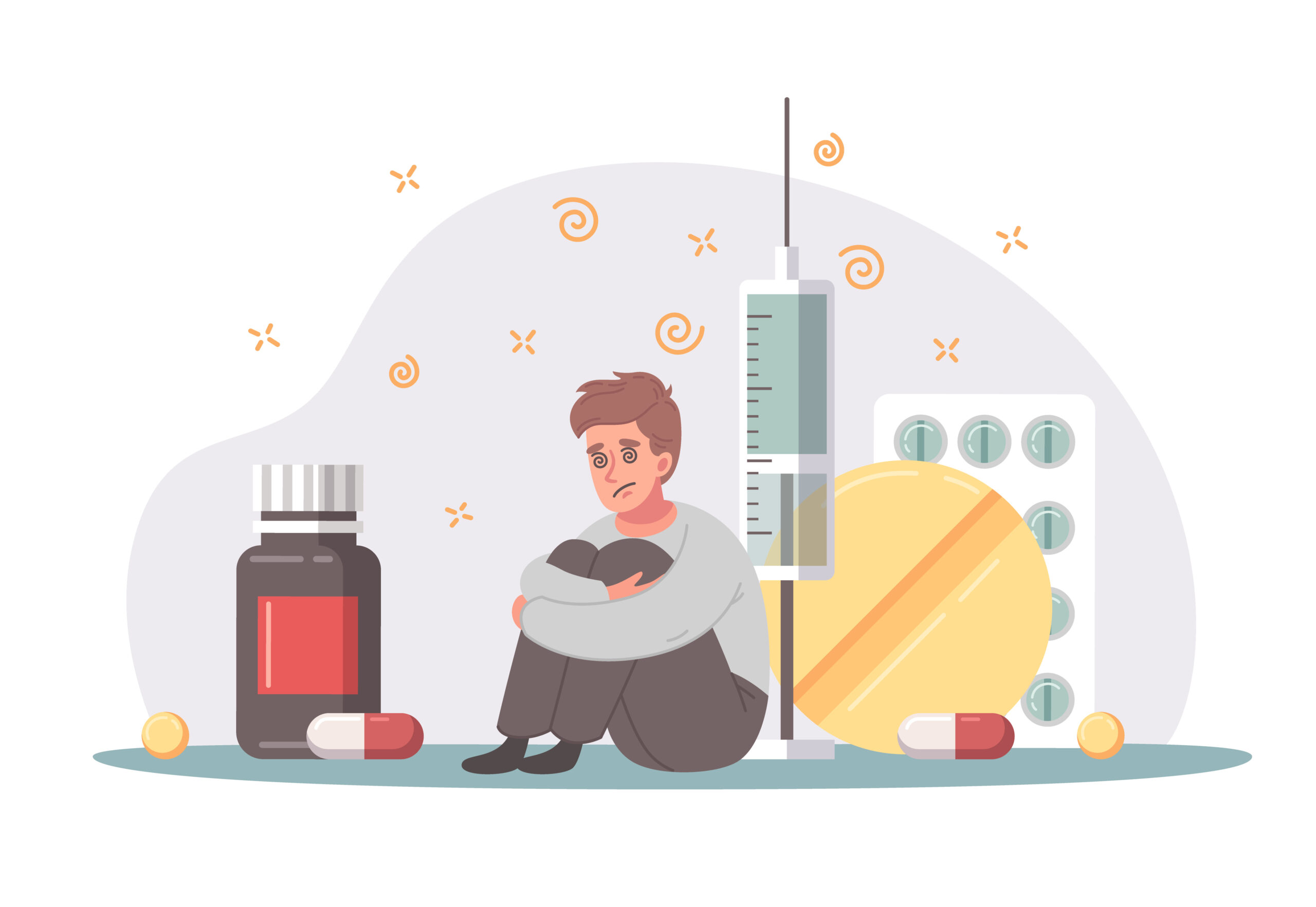
DRUG USE EFFECTS
Drug addiction has many negative outcomes on individuals and society as a whole. It puts the addicted person at a low level of morals, low self-confidence, mental illness, and other risks. It also puts the life of the individual at risk or puts others’ lives at risk. In addition, it can be the reason for community corruption and theft. Also, drugs have a tremendous ability to break down families, lead to the loss of assets, and financial instability. As with many addictions, patients recovering from drug addictions may suffer from severe withdrawal symptoms. Through our drug addiction treatment program, patients are given a chance to detox in a safe, comfortable environment.
HEROIN ADDICTION
Heroin is an extremely dangerous, highly addictive opioid and one of the most destructive illegal drugs. It is used by millions of addictive persons around the world who are unable to overcome the urge to continue it every day of their lives. Heroin is made from the resin of poppy plants. Pure heroin is Milky, sap-like opium that is first removed from the pod of the poppy flower. This opium is refined to make morphine, then further refined into different forms of heroin. Most of the heroin or morphine sold on the streets is diluted with the addition of some substances such as starch or sugar, and it is sometimes mixed with toxic substances such as strychnine or other drugs. Heroin is sold in the form of a brownish powder or as a brown or black tar-like sticky substance, which is taken by the user by injection, inhalation or smoking. It affects the opioid receptors in the brain, creating a feeling of pleasure or elation. Many heroin users become addicted immediately. Soon, addicts lose control of their lives, and getting the next dose becomes their only priority.
Heroin is a highly addictive substance. In addition, in many cases, it is mixed with other substances to increase its addictive capacity and its potency. Common signs of heroin use or abuse include:

● Mood Swings
● Narrow pupil
● Sleepiness or decreased energy
● Low personal hygiene and appearance
● Significant fluctuations in weight
● Nausea
● Signs of needles on the arms, legs, hands, or neck
● Shivering
● Heaviness of tongue
● Motivation loss
● Loss of interest in usual activities
● Failure to fulfill obligations
● Theft or begging money Long-term effects
● Veins are damaged
● Bacterial or fungal infections
● Impotence
● Interruption of the cycle in women
● Breathing problems
● Pneumonia
● Depression
● Endocarditis or valves
● Kidney failure
● Liver disease
● Rheumatic problems such as arthritis
● Death
DETOXIFICATION
Heroin or morphine is one of the most dangerous drugs and abstinence from it can be extremely painful and uncomfortable. These symptoms include cold sweats, diarrhea, vomiting, fever, insomnia, muscle and bone inflammation, depression, anxiety, and cravings. It is highly recommended that clients participate in a heroin addiction detoxification treatment program before joining our program.
TREATMENT OF ADDICTION
Our therapeutic approach to treating heroin addiction is based on empathy, understanding, and strength. The recovery process is being led by a team of certified addiction counseling specialists, many of whom have first-hand experience with heroin addiction. The clients will be treated in individual and group sessions, using a combination of counseling and psychotherapy methods. Specialists have designed an effective treatment method called recovery areas to treat the heroin or morphine addiction cycle at its roots. A personal therapy plan that addresses the specific needs of the clients will be designed for each client. Furthermore, we provide our clients with tools to avoid relapse by training them to identify their own motives and building a practical and appropriate plan to prevent relapse in order to meet and overcome challenges that they may face outside the rehabilitation center. We also provide our clients with a knowledge base through specific training in preventing and returning to heroin addiction, in order to prepare them for long-term integrity and balance.
